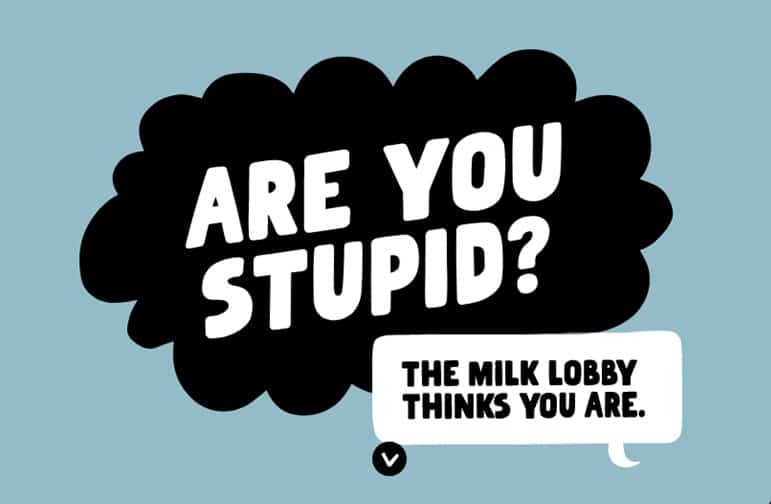News just in from the GFI reveals that the EU has rejected plans for unprecedented restrictions on plant-based dairy. EU leaders have dropped plans to impose new restrictions on plant-based dairy products, which could have banned them from displaying allergen information, being sold in cartons and using images of their own products. Terms such as “milk” and “yogurt” are still forbidden.
It was confirmed today that European Parliament representatives have withdrawn the proposals from EU negotiations over the Common Agricultural Policy, after a coalition of 21 environmental, consumer and animal welfare groups called on the EU to reject them. Climate activist Greta Thunberg had also spoken out against the plans, and over 450,000 people had signed a petition calling on the EU to drop them.

Elena Walden, Policy Manager at the Good Food Institute Europe, said: “Finally, this nonsensical plan is off the table. While the existing restrictions on everyday language like ‘soy milk’ remain, it is reassuring that European leaders have listened to consumers. They have rejected further, extreme bans on environmental comparisons, essential allergen information, and milk cartons.”

By banning any “direct or indirect use” or “evocation” of dairy products, the plans – known as Amendment 171 – would have introduced new restrictions which could have prevented plant-based dairy products from:
- Providing essential health and allergen information such as “lactose-free alternative to dairy milk”.
- Using packaging that is similar to those used for dairy products, such as cartons.
- Using images of the product being poured at a breakfast table, or white foam swirling in a cappuccino.
- Informing consumers about the climate impact of foods, such as by comparing the carbon footprint of plant-based and conventional dairy.
- Using helpful descriptors such as “creamy” or “buttery”.
“This decision must signal the end of absurd labelling restrictions on plant-based foods across all levels of government in Europe. Instead of wasting time with pointless proposals, EU leaders should put their climate ambitions into action and support consumers to make more sustainable choices,” adds Ms Walden.
Source : Vegconomist 2021

